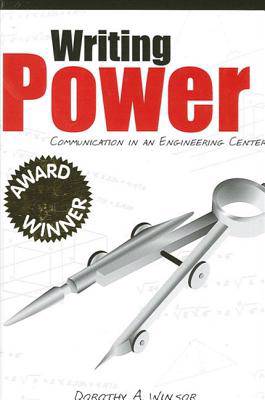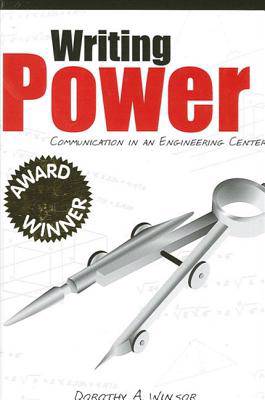
- Afhalen na 1 uur in een winkel met voorraad
- Gratis thuislevering in België vanaf € 30
- Ruim aanbod met 7 miljoen producten
- Afhalen na 1 uur in een winkel met voorraad
- Gratis thuislevering in België vanaf € 30
- Ruim aanbod met 7 miljoen producten
Zoeken
€ 145,45
+ 290 punten
Uitvoering
Omschrijving
Writing Power examines the way that texts, knowledge, and hierarchy generate and support one another within a for-profit corporation. By encouraging us to see texts and writing as powerful operators in the corporate world, this book presents a case study focused on how one engineering organization uses texts to create and maintain its knowledge and power structure. Based on over five years of observations, the book describes the co-generation of power/knowledge/text from several points of view, including that of managers, engineers, interns, and blue-collar workers. These groups of people use texts to build knowledge within their own areas and establish control over their work when it is passed along to the other groups. Employing Bourdieu's notion that people possess different kinds of "capital" that can be converted to one another under the right circumstances, the book demonstrates that text is one of the major ways that this conversion of capital takes place, and is thus one of the major ways that power and knowledge are generated and accumulated.
Specificaties
Betrokkenen
- Auteur(s):
- Uitgeverij:
Inhoud
- Aantal bladzijden:
- 183
- Taal:
- Engels
- Reeks:
Eigenschappen
- Productcode (EAN):
- 9780791457573
- Verschijningsdatum:
- 17/07/2003
- Uitvoering:
- Hardcover
- Formaat:
- Genaaid
- Gewicht:
- 381 g

Alleen bij Standaard Boekhandel
+ 290 punten op je klantenkaart van Standaard Boekhandel
Beoordelingen
We publiceren alleen reviews die voldoen aan de voorwaarden voor reviews. Bekijk onze voorwaarden voor reviews.











